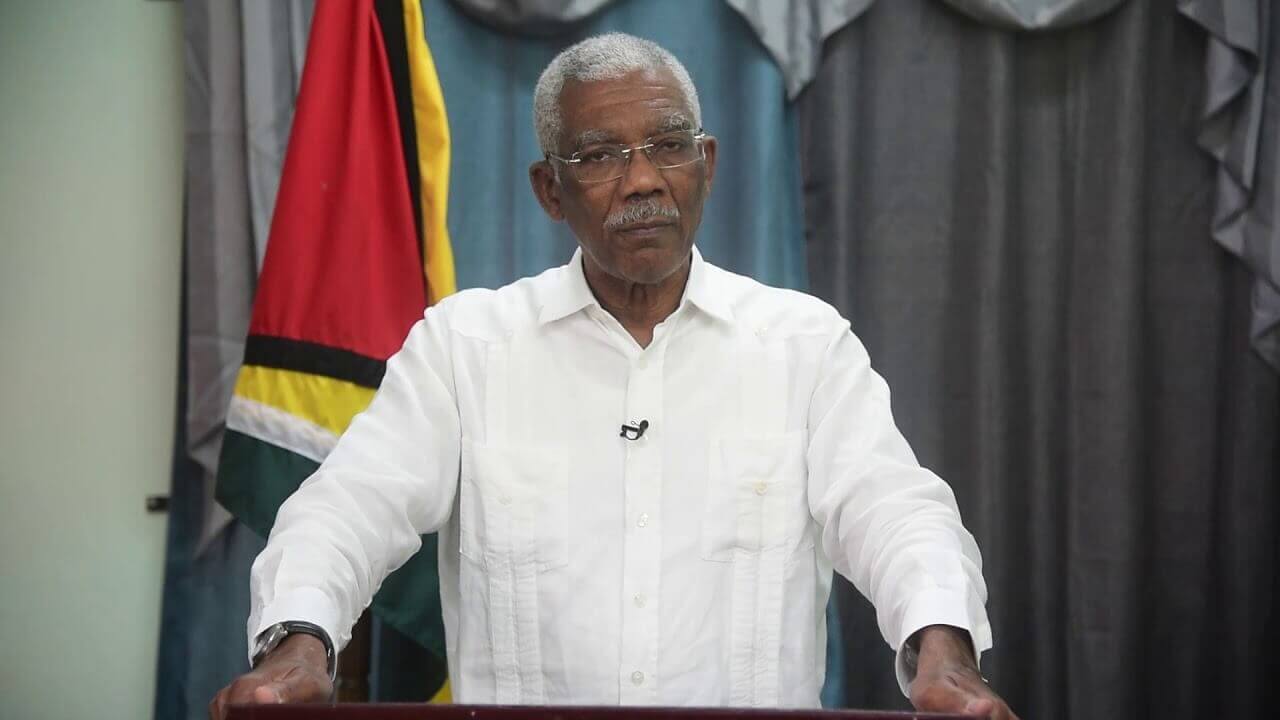The United States (US) and United Kingdom (UK) have placed pressure on the Guyanese government to accept the results of the presidential elections. A recount of votes was completed on June 7 and revealed that the opposition, the People’s Progressive Party Civic (PPP/C) had won. However, the leadership has refused to accept the result or renounce power.
Back in March, the Guyanese government and the opposition agreed to recount the votes from the recently concluded presidential election due to allegations of fraud. In the election, President David Granger maintained his incumbency for a second five-year term. The US and other Western nations hinted at sanctions and visa revocations if a recount was not administered.
However, even after the votes were recounted, the Granger administration has refused to cede power. In fact, the recount showed that he lost the election by 15,416 votes. During the recount, the chief executive of the Guyana Elections Commission, Keith Lowenfield, disqualified 120,000 votes, roughly one fifth of the total count, saying they were fraudulent or invalid, to ensure that Granger won the recounted vote as well. The Caribbean Court of Justice, Guyana’s apex appellate court, overruled Lowenfield’s decision. However, even after this decision, the PNC-led coalition sought an injunction on the decision.
Amid this controversy, US Secretary of State Mike Pompeo announced the imposition of sanctions on those who “have been responsible for, or complicit in, undermining democracy in Guyana”, describing the actions of the Granger administration as “dangerous for its citizens and for the hemisphere as a whole”. He said that these sanctions were not an act of American “interference”, but rather a method to send a “clear message of the consequences of subverting democracy and the rule of law”. In a press briefing, Pompeo declared, “The Granger government must respect the results of democratic elections and step aside.”
Pompeo’s decision was defended by the US Ambassador to Guyana, Sarah-Ann Lunch, saying that the Guyanese government must respect the will of its people and indeed of “over 130 nations” who demanded a recount.
Likewise, UK Foreign Secretary Dominic Raab said, “It has been over four months since elections in Guyana - no electorate should have to wait that long for a result. The UK is disappointed by the ongoing attempts to frustrate the will of the people. The Caribbean Community scrutinized recount cleared the way to declare a legitimate result. That should now happen.”
Raab warned, “Any government sworn in on the basis of non-credible results will face strong international condemnation and consequences – we have started the process of putting those consequences in place. The UK pays tribute to the patience displayed by the people of Guyana during this challenging time.”
Similarly, the Organization of American States (OAS) opined, “The only democratic solution for Guyana at this time is respect for the results of the national recount.” The regional body added, “No other figures – neither those prepared prior to the recount, nor those recently invalidated by the Caribbean court of justice, nor any others that may be unilaterally devised by the chief elections officer – can have any place in the final determination of results. A new electoral process is also an unacceptable solution.”
It is thought that Granger’s refusal to cede power stems from the discovery of offshore oil after ExxonMobil began producing crude off the coast of Guyana in December. Critics claim that Granger is trying to maintain his stronghold so as to attain control of oil revenues and line his pockets.
US Sanctions Guyana After Ruling Government Refuses to Accept Electoral Results
Votes were recounted after the President won in March under suspicious circumstances.
July 20, 2020

IMAGE SOURCE: EMBASSY OF GUYANA TO BELGIUM AND THE EUROPEAN UNIONGuyanese President David Granger
